
Corporations Are Not People
Why They Have More Rights Than You Do and What You Can Do About It
Recommendation
Citizens United, the 2010 US Supreme Court ruling that enables corporations to spend unlimited amounts to support political candidates, is a watershed event in US legal history. Liberals believe the ruling represents a blatant conservative power grab. Conservatives hold that free speech should apply to corporations as it does to human beings. Lawyer and political activist Jeffrey D. Clements, a former Massachusetts assistant attorney general, founded Free Speech for People, a group seeking to invalidate Citizens United. Clements argues that this ruling, which allows corporations to lobby year-round and to buy unlimited election-year advertising, is antithetical to American democracy. Although the views expressed are those of the author alone, getAbstract regards Clements’s book as timely material for the citizens of the United States and Europe, where similar issues are under debate. It is sure to provoke discussion and, most likely, an equally passionate conservative defense.
Summary
About the Author
Jeffrey D. Clements, the founder of Clements Law Office LL, is general counsel of Free Speech for People, an organization seeking to reverse Citizens United.









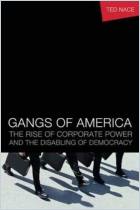
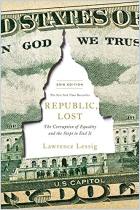
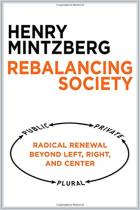
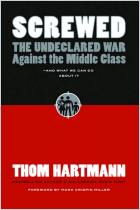
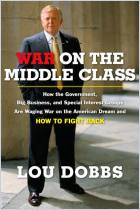




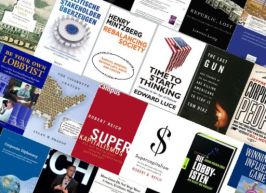

Comment on this summary or Start Discussion